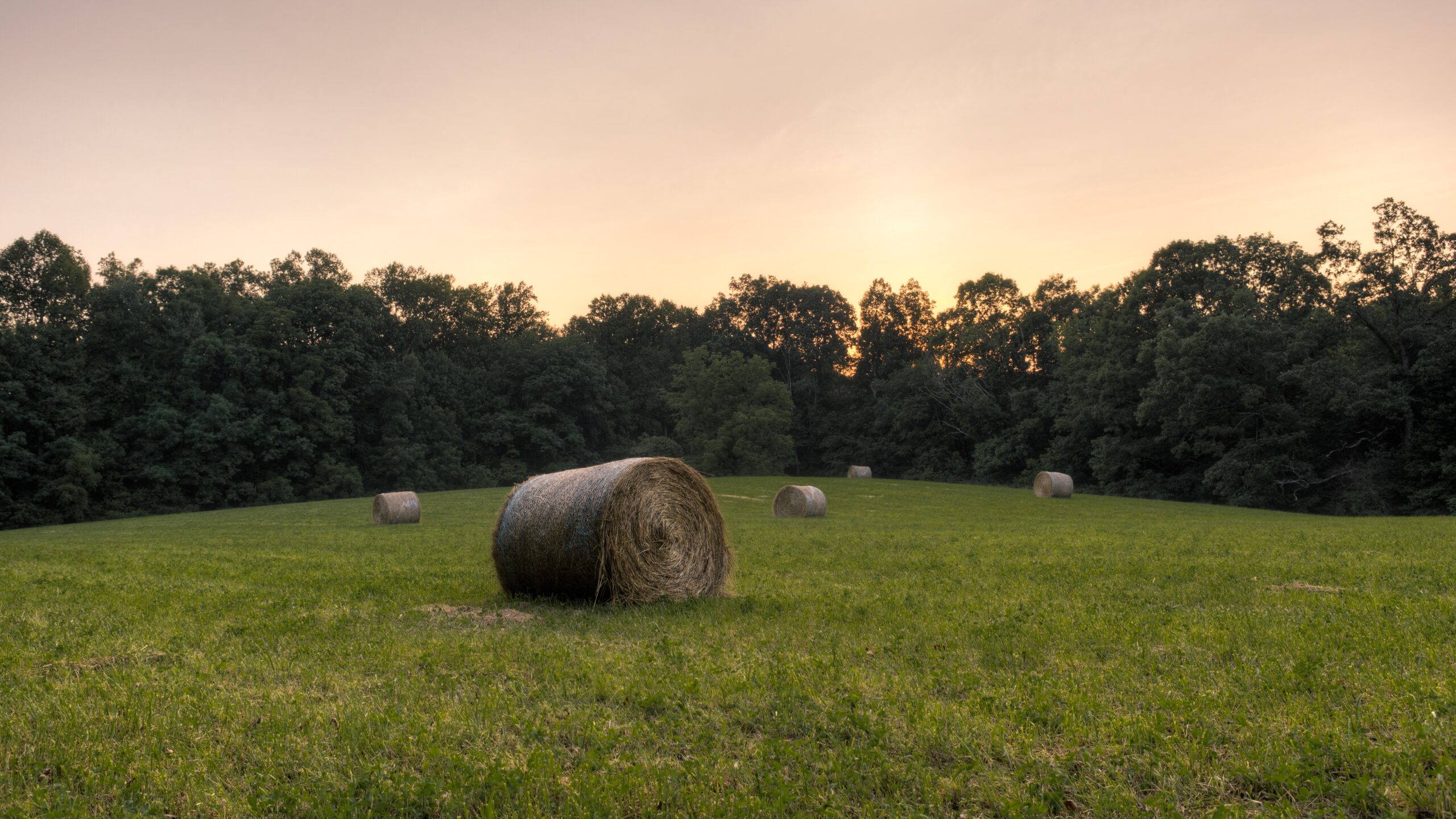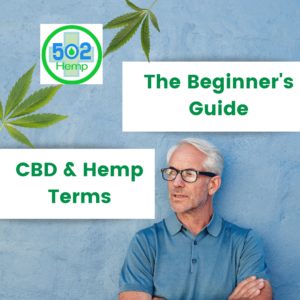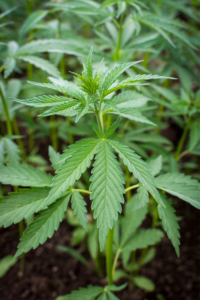Kentucky, known for its rich agricultural heritage, appeared to be the perfect setting for the pilot program initiated by the 2018 Farm Bill, which legalized hemp-derived products and CBD on a federal level. This presented a new revenue opportunity for small farmers, who saw hemp cultivation as a blessing. However, the industry faced hurdles due to a lack of regulation and overproduction, which made the growth and distribution of hemp products challenging in Kentucky. The situation took a further blow when the Kentucky Department of Agriculture (KDA) issued a legal opinion letter condemning Delta-8, a newly introduced cannabinoid. This move has been perceived as an unfortunate setback and has led to concerns about a potential war on hemp in Kentucky.
Legal Opinion Letter
Delta-8 is a naturally occurring cannabinoid in the hemp plant that serves as a legal alternative to Delta-9 Tetrahydrocannabinol (THC) in states where Delta-9 and marijuana are not legal. As long as the Delta-8 product contains no more than 0.3% Delta-9 THC on a dry weight basis, it falls within the legal boundaries established by the 2018 Farm Bill. Delta-8 provides much-needed relief for consumers, struggling retailers, and hemp farmers. However, the KDA swiftly attempted to halt its distribution, claiming it to be an illegal substance due to its “synthetic” derivation. This argument raises questions and becomes a point of contention.
The “Synthetic Cannabinoid” Claim
The KDA’s stance on Delta-8 being synthetic lacks a solid foundation, given the complexities of defining what constitutes a synthetic substance. While the FDA provides definitions for synthetic drugs, it has not categorized any cannabinoid, aside from Delta-9 THC, as a drug. Furthermore, if Delta-8 is naturally occurring in the hemp plant and a conversion process leads to an indistinguishable result, can it still be labeled as synthetic? This raises the question of how to differentiate between naturally derived cannabinoids and those derived through conversion, a process that has long been practiced in the industry without legal concerns.
The Legal Framework
Kentucky Revised Statutes (KRS) 260.850 defines hemp as Cannabis sativa L. and includes all its derivatives, extracts, cannabinoids, isomers, acids, salts, and salts of isomers, as long as the Delta-9 tetrahydrocannabinol concentration does not exceed 0.3% on a dry weight basis. This aligns with the provisions of the 2018 Farm Bill.
Backlash and Opposition
Following the KDA’s opinion release, many retailers removed Delta-8 products from their shelves, and customers grew wary of purchasing them. Kentucky State Police conducted raids, further impacting sales and causing discontent within the industry and among consumers. The actions of the KDA have faced strong opposition, with concerns raised about the legal basis and legitimacy of their claims. A subsequent lawsuit and a press release from the Kentucky Hemp Association (KYHA) challenged the KDA’s assertions.
Supporting Legal Compliance
At 812 Hemp, we exclusively offer federally legal compliant products. Our Delta-8 products undergo rigorous testing, and we provide certificates of analysis for customers to verify that the Delta-9 THC content remains below 0.3%. We remain hopeful that the ongoing lawsuit will pave the way for Delta-8 production in Kentucky, providing another opportunity for our farmers to thrive in the industry. As proud members of the KYHA, we stand in solidarity with fellow retailers, farmers, and processors.
The challenges faced by Kentucky’s hemp industry underscore the need for clear and consistent regulations. The KDA’s legal opinion on Delta-8 has raised concerns and triggered.



